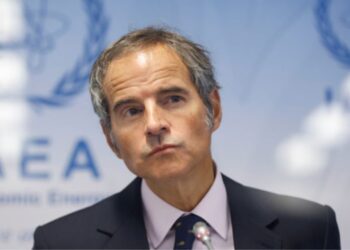The World Bank seeks to clarify the carbon market. In addition to its conclusions at COP 27, it now wishes to create and regulate a digital ecosystem: the CAD Trust.
CAD Trust is the anchor for the World Bank’s broader initiative known as the Climate Warehouse. This initiative allows for automatic digital monitoring, reporting and verification of emissions. It also offers options for using blockchain-based registries.
Launched jointly by the World Bank, the International Emissions Trading Association (IETA) and the Singapore government last December, CAD trust is designed to consolidate carbon credit information across different registries and create a transparent platform providing comparable data.
Chandra Shekhar Sinha, an advisor in the World Bank’s Climate Change Group, said
“The most difficult work has been to get the major registries, countries, and the UNFCCC to agree on standard data and how to translate registry data into a common format to be used by the DAC Trust.”
He indicated that by the first quarter of next year, the major registries will be connected to the CAD Trust. While the information contained in the registers will be available on the metadata platform.
The DAC Trust the solution to accompany measures deemed insufficient
In the case of a solar energy project, for example, the digital ecosystem can equip the project developer with a smart meter. It will automatically measure the amount of solar energy produced and deliver carbon credits directly.
Sinha said the Climate Warehouse also facilitates the delivery of digital carbon assets, namely a carbon credit token that represents one ton of emissions reductions. In addition, the tokenization of carbon credits could eventually be applied to individuals.
The carbon credits are lower than the efforts required from countries to reach their NDC. In addition, Chandra Shekhar Sinha, an advisor in the World Bank’s Climate Change Group, said that countries need to understand that the carbon market is only a small part of achieving their NDCs.






